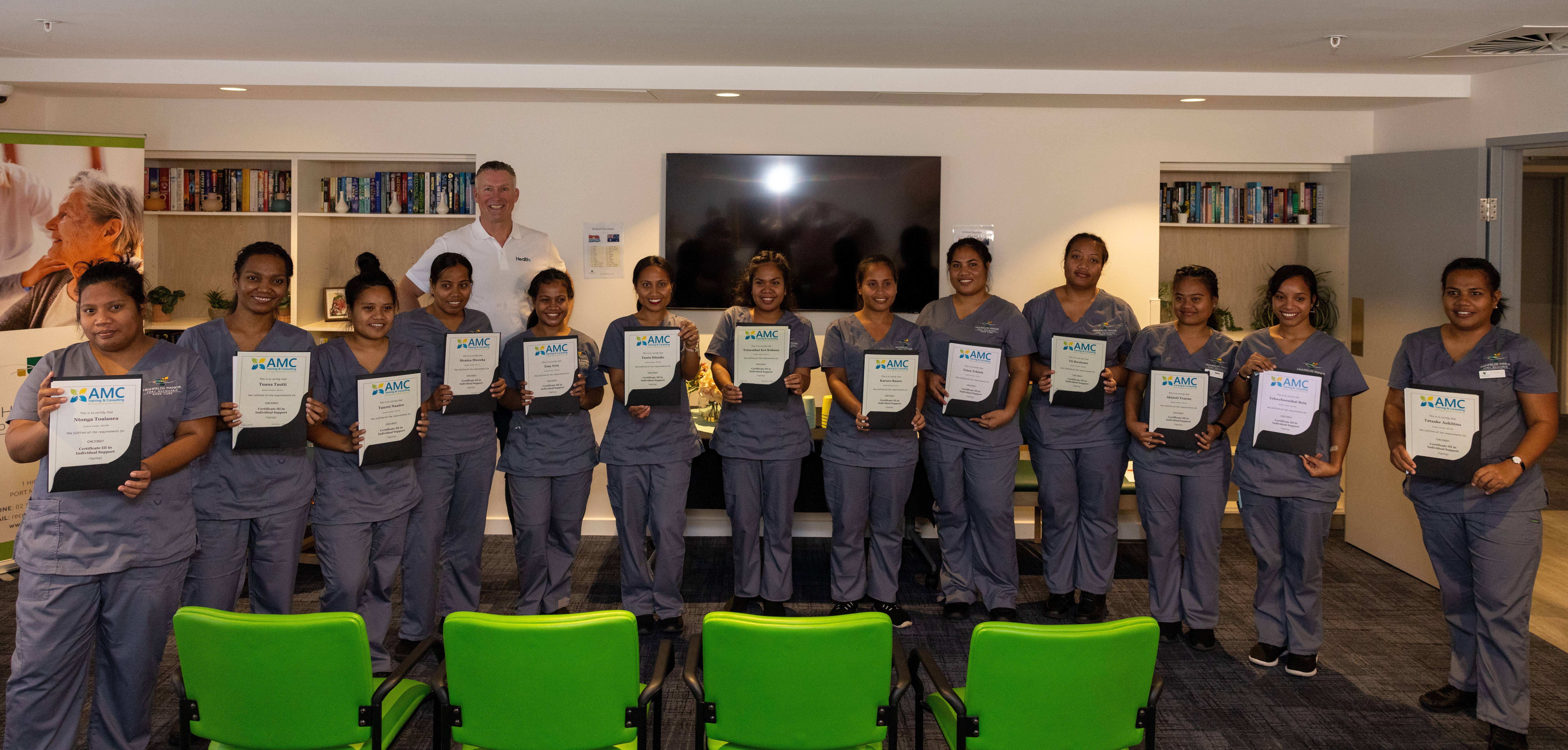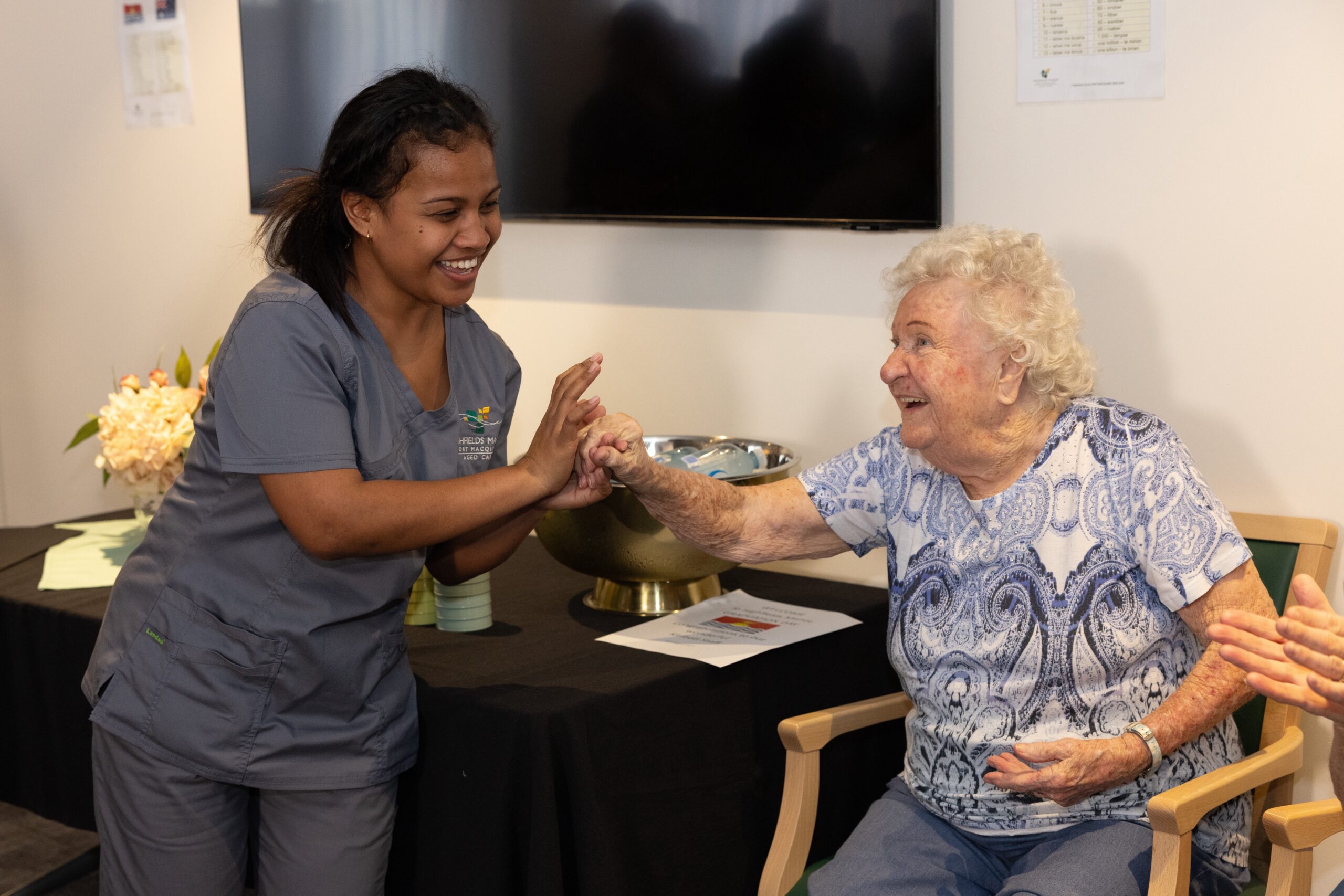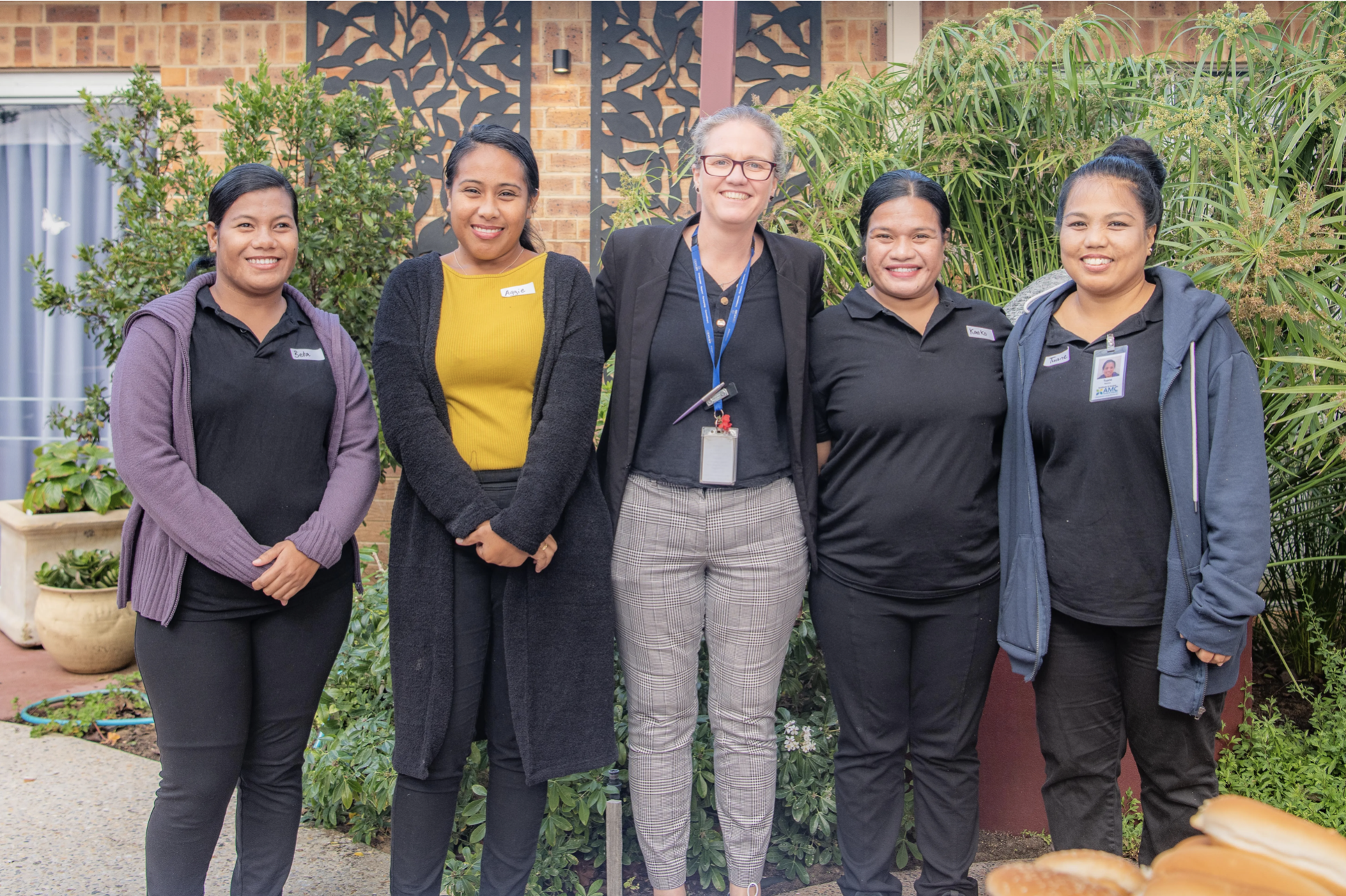Across Australia, clinics are crying out for general practitioners. Roles sit vacant for months. Regional health services are being forced to reduce hours or turn patients away. Recruitment pipelines are drying up, and providers are scrambling.
But here’s the truth: the shortage isn’t always about finding candidates. It’s about what happens next.
We’re watching qualified, committed doctors sit idle for months after signing contracts, simply because they can’t get through the system. They’re ready to work. The system isn’t ready for them.
The RACGP Strategy Hits the Right Notes - But Misses a Key One
Last week, the RACGP launched its National General Practice Workforce Strategy 2025–30. It’s a step in the right direction. The plan aims to lift the number of GP training places from around 1,350 to 1,850 per year. It also focuses on improving distribution, investing in training capacity and attracting more junior doctors into general practice.
It comes off the back of alarming figures. According to the RACGP, we’re already short more than 3,000 full-time GPs. That number could blow out to over 17,000 by 2040 if nothing changes.
All of this is true. But the report glosses over a structural barrier that is grinding recruitment to a halt, particularly in regional and outer-metro areas.
Supervision.
IMGs Are Ready to Work — But Stuck in Limbo
Overseas-trained doctors now make up more than half of Australia’s GP workforce. They are an essential part of the system, particularly in communities where local applicants are few and far between.
But to get started, these doctors need supervision. Specifically, they need a Fellowed GP who has held Fellowship for three years and is willing to oversee their practice.
That’s where it falls apart.
Many GPs are either ineligible or simply unwilling to supervise. It’s unpaid, time-consuming, and often undervalued. For clinics, it means extra admin, tight scheduling, and additional pressure on teams already stretched thin.
We’ve seen cases where international GPs waited more than 12 months between contract acceptance and seeing their first patient. In one instance, a clinic had to delay a placement by 18 months because they couldn’t secure a supervisor. That’s not just inefficient. It’s absurd.
The Numbers Tell a Bigger Story
The Australian Medical Council surveyed more than 4,000 international medical graduates and found:
-
77 percent of IMGs on the Standard Pathway took more than a year to complete the process
-
62 percent on the Specialist Pathway also reported major delays
-
Over half said they had experienced discrimination, bias, or exclusion during the onboarding process
These aren’t one-off anecdotes. This is systemic friction. And it’s stopping hundreds of skilled GPs from contributing to a system that desperately needs them.
Clinics Are Carrying the Cost
The supervision requirement doesn’t just slow things down. It increases financial pressure on clinics.
There’s no standardised funding for supervision, no offset for lost time, and no structured support for clinics who want to do the right thing. Some clinics end up turning away excellent candidates simply because they cannot absorb the burden of compliance.
That’s not a recruitment failure. That’s a policy failure.
More Training Places Won’t Solve This Alone
Yes, we need to train more GPs locally. Yes, we need to rebalance workforce distribution across metro and regional areas.
But we also need to fix the pipeline for the doctors already here and ready to contribute.
The RACGP’s strategy mentions support for IMGs, but without direct action on supervision models, it won’t move the dial. We need:
-
More flexibility in supervision structures
-
Funding and incentives for supervisors and clinics
-
Clearer, faster onboarding processes
-
Cultural and professional support for IMGs during settlement
-
Recognition of prior experience and streamlining for high-performing candidates
We Need to Stop Wasting Workforce Potential
Australia does not have the luxury of time. The GP shortage is already impacting access to care, particularly in rural and regional areas. The longer we leave bottlenecks like supervision unaddressed, the more the system will struggle to recover.
This isn’t about future planning. It’s about fixing the present.
Because right now, we’re not just short on GPs. We’re short on a system that actually lets them practise.
You may also like


 View all News & Resources
View all News & Resources


